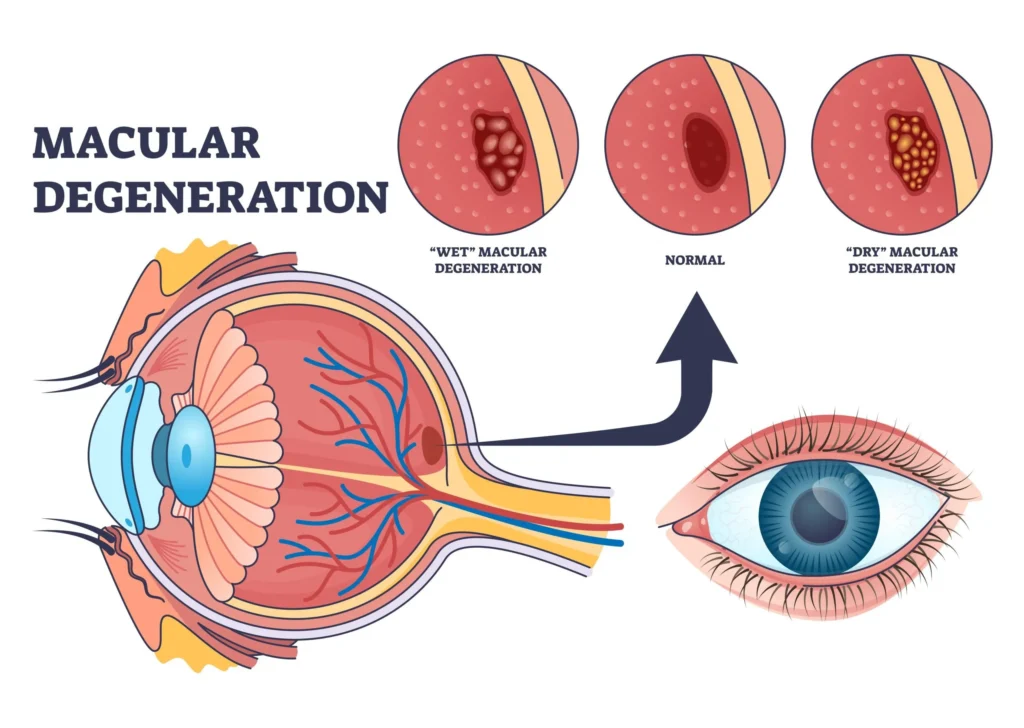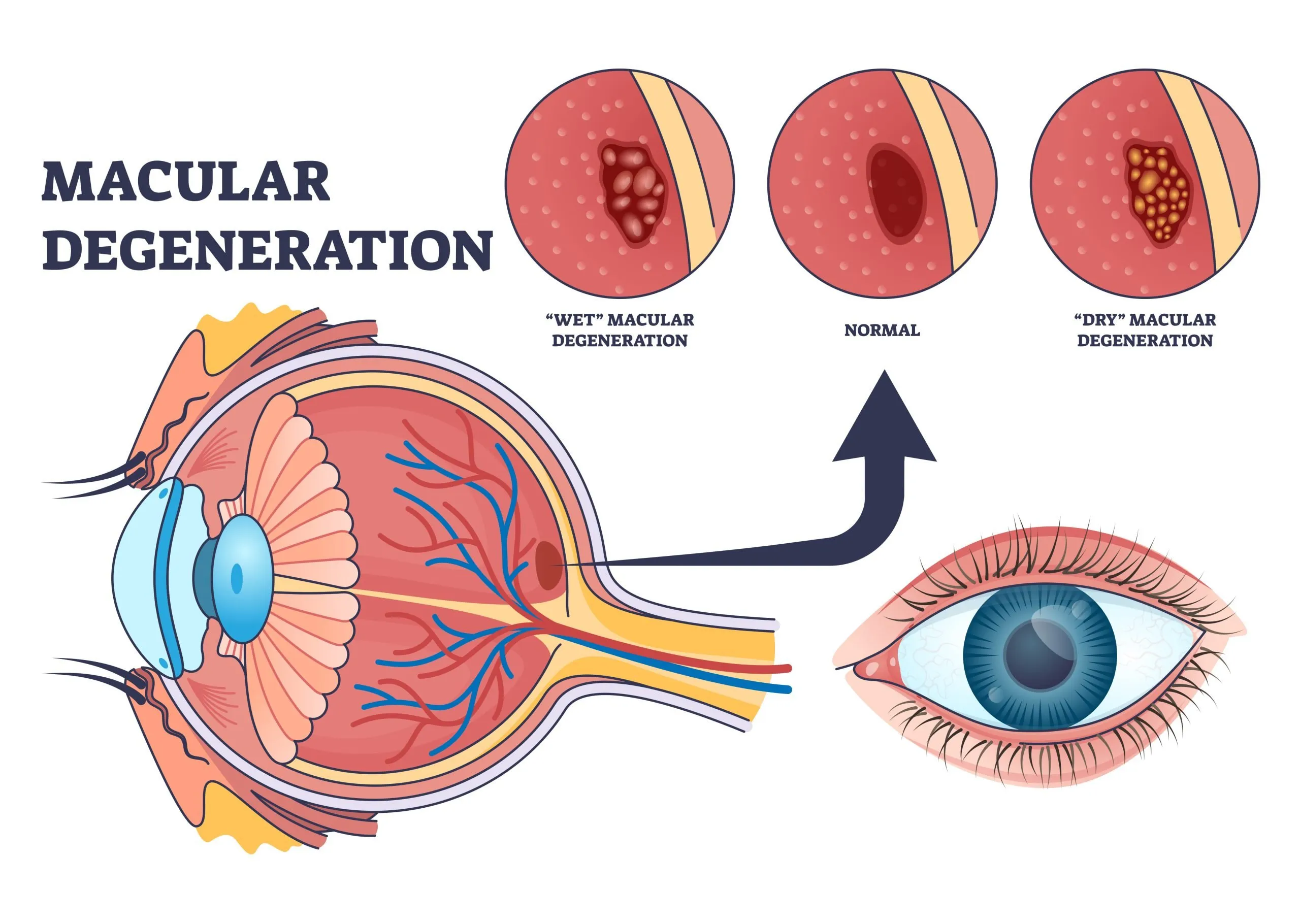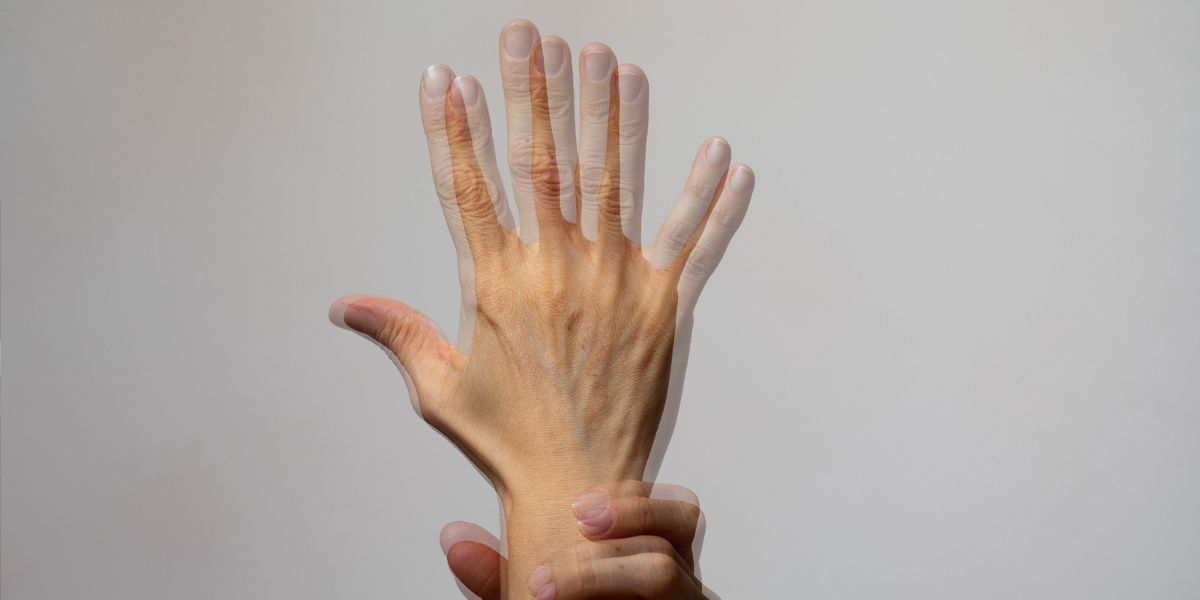How often should I get my eyes checked?

Macular Degeneration (MD) is an eye disease which affects central vision. Central vision allows us to drive, read, recognise faces, see colours clearly, and undertake any activity that requires detailed vision.
Am I at risk?
According to Macular Degeneration NZ (MDNZ), 1 in 7 New Zealanders over the age of 50 show some evidence of macular degeneration, and 1 in 4 people over the age of 80 have some vision loss due to macular degeneration.
Fact: It is estimated the number of people with MD will increase by 70% by 2030.
Macular degeneration is not a normal part of aging however it occurs more commonly in the elderly. People with a family history of MD are also more at risk.
Smokers are 3 times more likely to develop MD and the disease tends to develop 10 years earlier than in non-smokers.
Stages of Macular Degeneration
In the early stages MD may not produce any visual symptoms but eventually it leads to distortion, fuzziness and ultimately a complete loss of central vision.
Optometrists can see the early signs of MD before any changes occur in the vision. That is why having a regular eye examination is so important.
How is it treated?
There are treatments available for some types of MD and when these treatments are delivered at the right stage they can dramatically slow the progress of the disease and save vision. According to MDNZ, if wet MD is left untreated it will cause functional blindness within 2 years.
Research shows that taking nutritional supplements can be helpful in slowing down the progression of MD in those who show intermediate signs, or late stage MD in one eye only. The specific formula of antioxidants that has been shown to reduce the risk of progression of MD was identified by the Age Related Eye Disease Studies (AREDS I &II).
Just be aware that there are many supplements on the market to support eye health and many have different ingredients, or different doses, from those tested in the AREDS trials. Consult your optometrist about which supplement, if any, is right for you.










